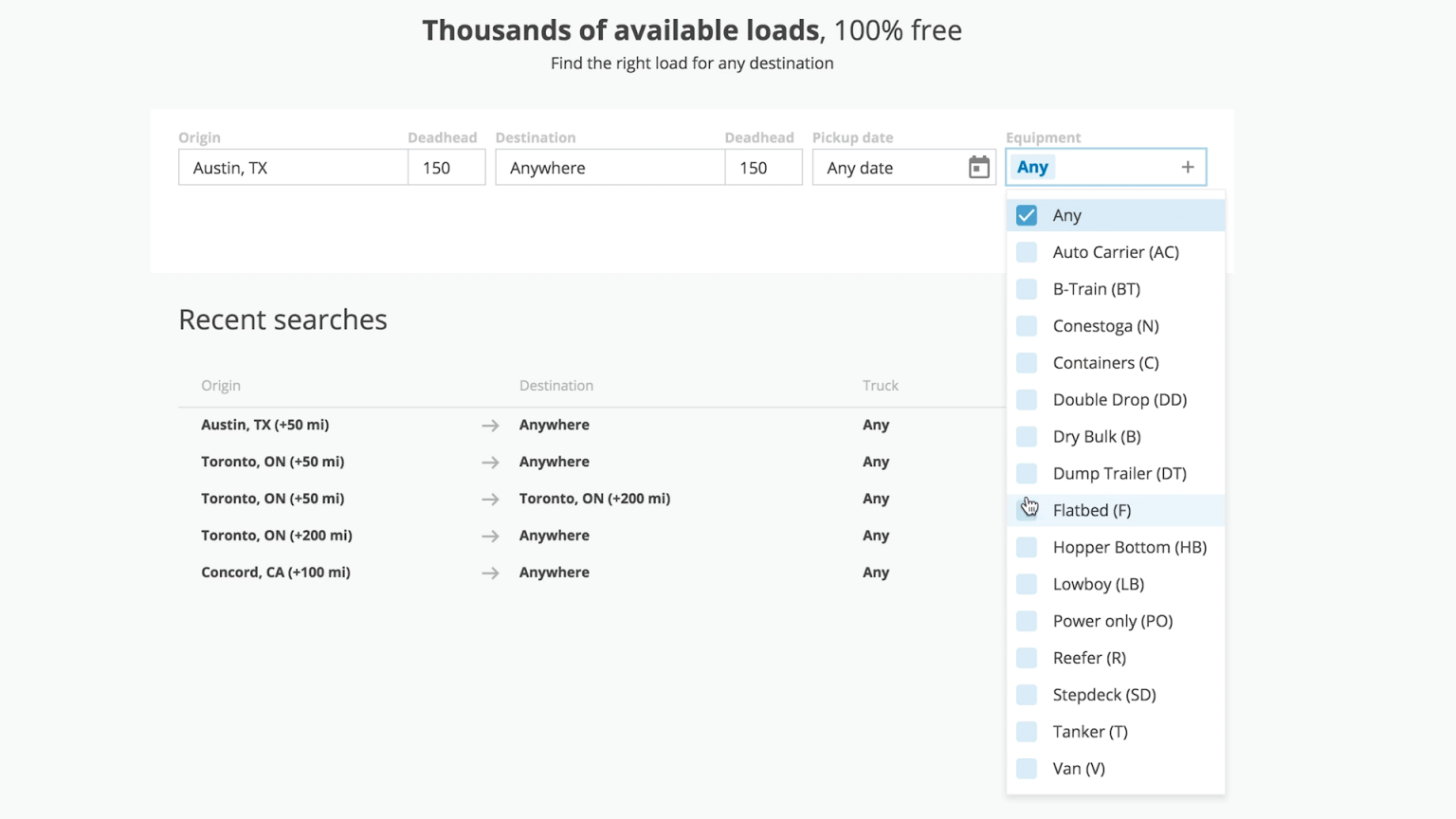

That communication carousel between Amazon, VC, and carrier may continue all day long. Then someone else calling the carrier with promises to recover the trailer in the next half an hour or an hour. VC’s dispatch team based in some part of the world calling to the above carrier, saying that they are calling from Amazon, and continuously questioning the carrier whether the carrier is still able to accomplish delivery on its own. However, as mentioned earlier, physically VC may not have even a single existing truck, and what they do is they are promising ITR to arrive at recovery place shortly, but instead VC’s dispatch team starting chasing the original carrier who was supposed to deliver a trailer to an end-destination but requested Amazon’s ITR to recover a trailer due to technical issue. Once checked in, Amazon becomes liable for the payment to VC’s recovery service, in exchange VC becomes liable for trailer recovery and delivery of the same to a specified destination. Mobile check-in is a type of agreement between Amazon and a contractor for a certain transportation service, in our case, it is a recovery service.

Next, using AR’s load board, VC’s dispatch team identifies ITR recovery opportunities and booking them via mobile check-in. What they do next is registering VC with AmazonRelay as a contractor carrier and becoming a part of Amazon’s transportation ecosystem. However, that VC may not have trucking inventory at all. So, this someone registering virtual trucking company(s) with several tens of trucks. Someone somewhere even outside of the US can legally register a business entity in the US, nothing criminal unless it was created for unethical business practices. Those companies can be purposely registered by unethical business owners for capitalization on Amazon’s blind spot and its operational bureaucracy. However, due to a blind spot or basically lack of appropriate management, sometimes this type of work can be taken by so-called virtual trucking companies. Ideally, such a recovery opportunity is spotted and fulfilled by a contractor carrier who has a truck to spare for this type of job. Once approved, ITR advertises a recovery opportunity on the “ Amazon Relay” load board (A Transportation Management System) that connects small trucking businesses to Amazon’s network. In this case, the carrier’s dispatch team communicant’s an issue to Amazon’s ITR, requesting ITR’s team to recover a trailer to make sure that the trailer arrives at a destination on time. Sometimes due to technical issues, Amazon’s contracted carrier cannot continue hauling a trailer to a final destination. The problem lies within Amazon’s In-transit Trailer Recovery (ITR) department. Amazon has a blind spot that is used by some contractors to pursue unethical practices, which turns into daily financial and time-sensitive losses for Amazon, and Amazon's carriers.


 0 kommentar(er)
0 kommentar(er)
